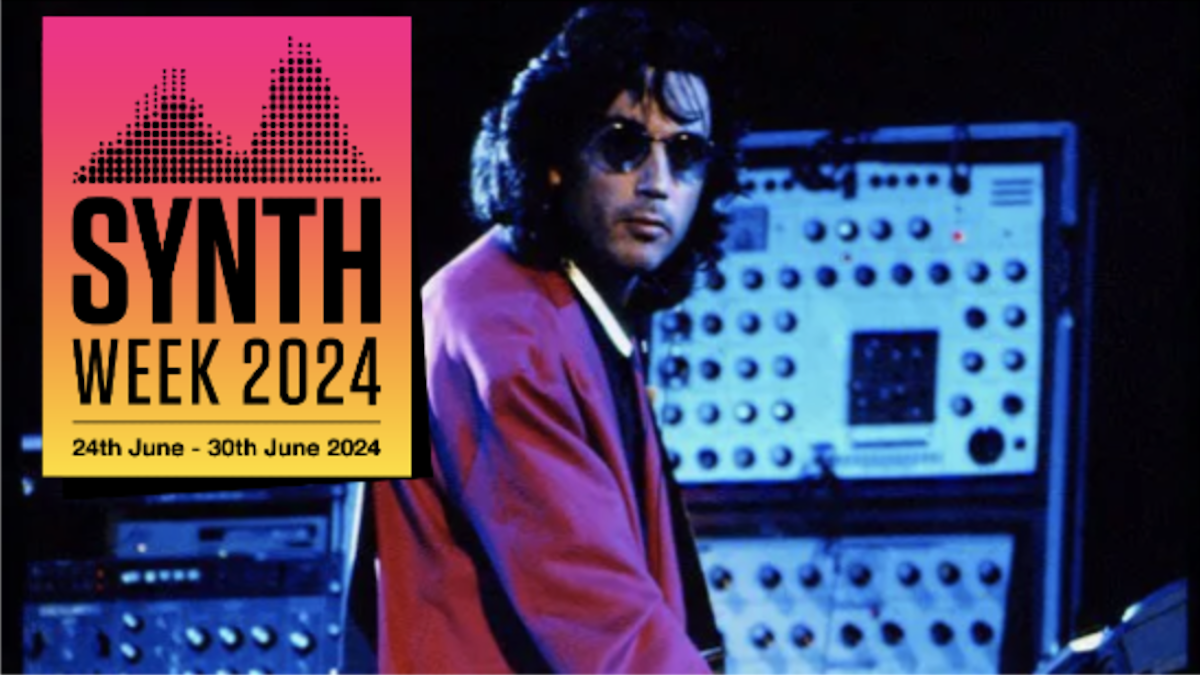
SYNTH WEEK 2024: They might play synths, they might build them, or they could simply be champions of the arts that made the music possible. We're here to heap on the accolades and name the person, band or group who’s done the most to advance the noble quest of the synthesiser.
And what better time to pick our knights of the synthetic realm than Synth Week 2024?
Here's our selection in order of true greatness, of course. Let battle commence…
15 – TONTO (AKA Malcolm Cecil and Robert Margouleff)
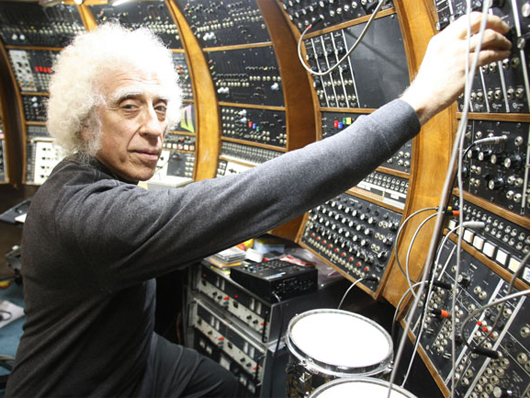
They may only have released two albums, but TONTO’s (AKA Malcolm Cecil and Robert Margouleff) influence on synth music is incalculable, thanks to their input on albums by the likes of Weather Report, Gil Scott-Heron, The Isley Brothers, Quincy Jones, Bobby Womack and - most notably - Stevie Wonder.
The name is actually an acronym; it stands for The Original New Timbral Orchestra and refers to a Frankenstein’s monster of a synth that started life as a Moog modular but was expanded with hardware from Oberheim, ARP, EMS, Roland and Yamaha (to name but a few).
14 – Dave Smith
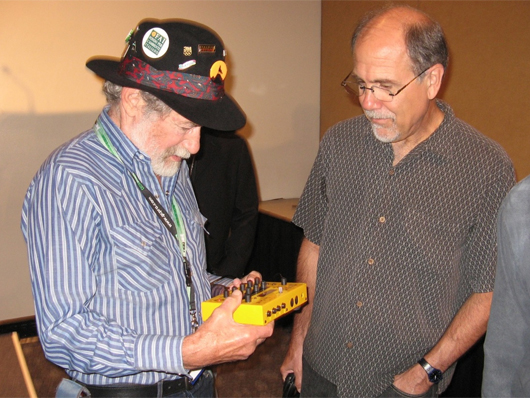
The more you reflect on Dave Smith’s achievements, the more impressive they become. In the Prophet-5, he designed one of the most popular and influential synths in history (he also founded Sequential Circuits, the company that manufactured it) and his range of instruments included some contemporary classics (the Evolver, Prophet ’08, Mopho and Tetra, for example). If that wasn’t enough, he also helped to invent MIDI in 1981 - how’s that for a CV?
13 – Wendy Carlos
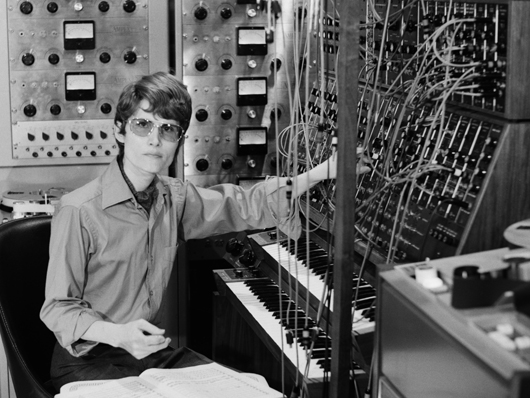
Bob Moog noted that Carlos’s feedback was invaluable when he was developing his early synths, which should give you some idea of how important a figure in synth history she is. Born Walter, she became Wendy in 1972, having already wowed the world with the Switched-On Back album and soundtrack to Stanley Kubrick’s A Clockwork Orange. She also scored 1982’s Tron, and in a nice piece of synth symmetry, Daft Punk performed the same duties on the sequel.
12 – Herbie Hancock
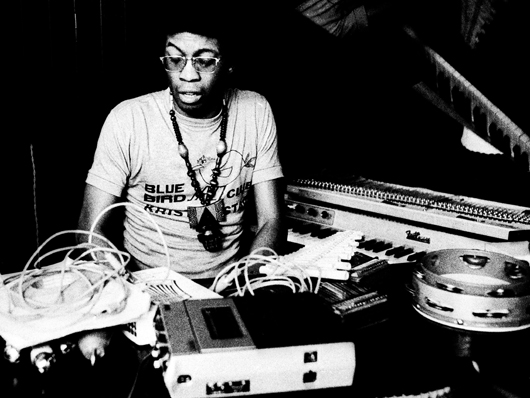
For jazz purists, Herbie Hancock embracing synthesizers was akin to Bob Dylan going electric, but that’s exactly what he did in the early 1970s. His ‘Mwandishi’ albums are particularly notable for their use of electronic keyboards - ARP’s Odyssey, 2600 and Pro Soloist and the Moog III in particular. And, of course, everybody knows 1983’s synth-powered Rockit, which was also one of the first big hits to contain scratching.
11 – Tangerine Dream
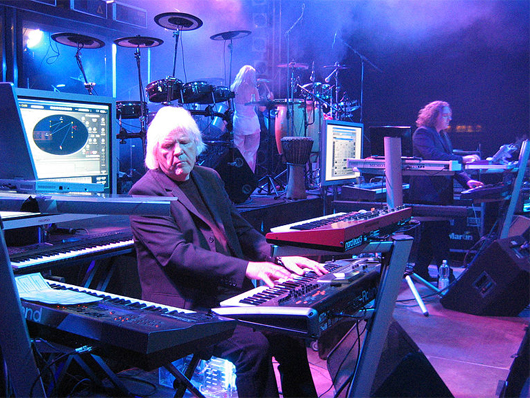
Crucial to the development of both Krautrock and new age music, Tangerine Dream are also credited with inventing the sequencer-based Berlin School sound with their 1974 album Phaedra. They later moved into soundtrack work, and their name has become one to drop by contemporary artists (even Kasabian have claimed that they’re a “spiritual influence”, whatever that means).
10 – Vangelis
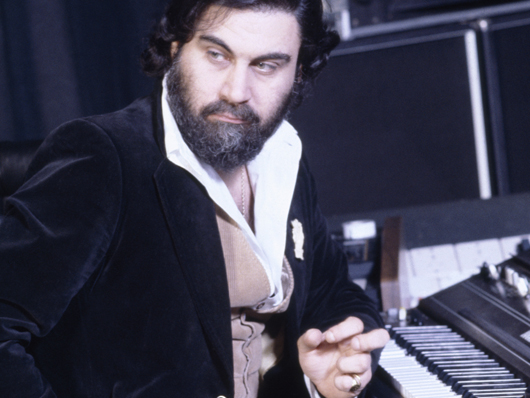
It’s a cast-iron certainty that more people could whistle the theme from Chariots Of Fire than have actually seen the film, and that’s thanks to this man. With the help of Yamaha’s CS-80, he created the futuristic soundtrack to 1981’s Blade Runner, too, and Vangelis’s fans will also point to his 1970s solo electronic albums for evidence that he’s a true synth icon.
9 – BBC Radiophonic Workshop
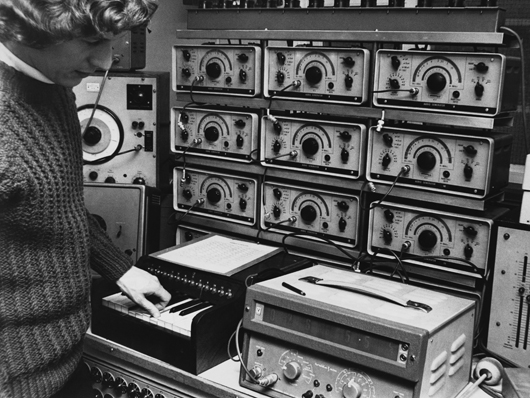
The BBC’s most celebrated sound effects unit was making synth-type sounds before synths had even been invented, being keen exponents of musique concrete (tape recordings were cut up, processed and edited to produce other-worldly tones). Delia Derbyshire’s oscillator-fuelled theme for Doctor Who is probably the most famous piece of music to come out of the Workshop, but its work and influence goes way beyond that.
8 – Keith Emerson
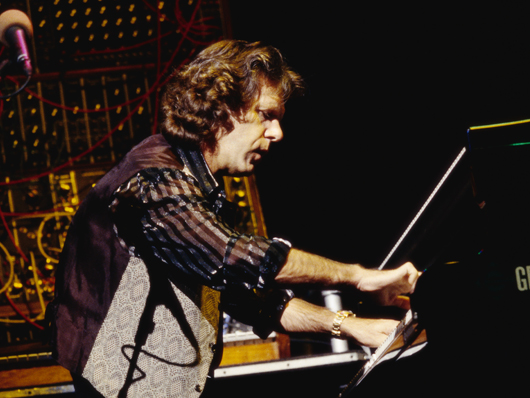
Emerson deserves a place on this list just for having the balls to a take a full Moog modular on tour with him - his roadies must have loved that. Known for his out-of- the-box thinking when it came to performing on keyboard instruments, he was an avid collector and amazing player of ‘70s synth technology, becoming an official endorsee of Korg’s gargantuan PS-3300 when it was released in 1978.
7 – Stevie Wonder
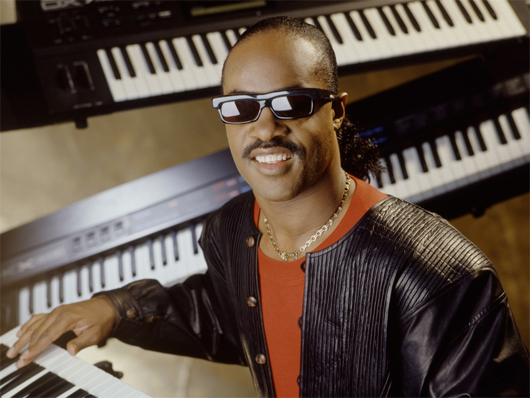
He may be more famous for playing Fender Rhodes pianos and the Clavinet, but Stevie Wonder’s classic ‘70s albums would have sounded markedly different if he hadn’t also been experimenting with synths (check out the Moog bassline on Boogie On Reggae Woman from 1974’s Fulfillingness' First Finale). He was aided by Malcolm Cecil and Robert Margouleff (AKA Tonto's Expanding Head Band), who were key to helping Wonder bring his inner synth visions to life.
6 – Rick Wakeman
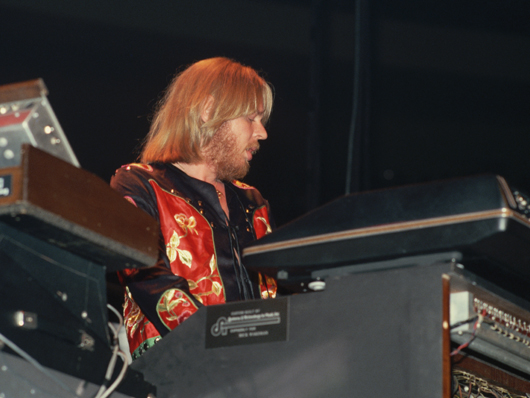
These days, you just don’t get virtuoso synth players (which some might argue is a good thing) but in the ‘70s, Rick Wakeman’s solos were as legendary as the Arthurian myths on which he based one of his albums (he also played keyboards with prog outfit Yes). The story goes that Wakey bought his first Minimoog from Jack Wild, the child star who played The Artful Dodger in the film version of Oliver!, because the young lad thought it was broken when he discovered that it only played one note at a time. Bless.
5 – Jean-Michel Jarre
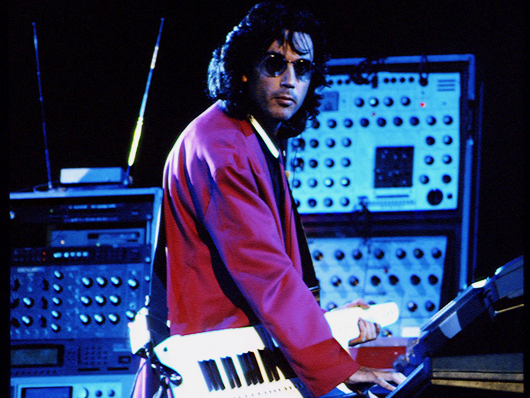
His name may be synonymous with synthesizer naffness, but let’s not forget that Jarre has sold an estimated 80 million records. Breakthrough 1976 release Oxygène remains the most successful, but Jarre’s sound has continued to evolve since then, and his spectacular live shows are world-famous. If you haven’t seen him playing the laser harp, you haven’t lived.
4 – Aphex Twin

For many, Aphex Twin (AKA Richard James) is the most important artist working in electronic music today, and certainly the most eccentric. His music has spanned electronic genres, and his studio set-up is ever-changing. On the subject of synths, he told Future Music magazine in 2006: “It’s one of my ultimate aims for Korg, Yamaha or someone who is capable to let me design an electronic/hybrid instrument - but really let me be the boss and not take over half way through. Come on, please! I’ll make you the best fucking box that has ever been created, I promise: it will totally own everything.”
3 – Depeche Mode
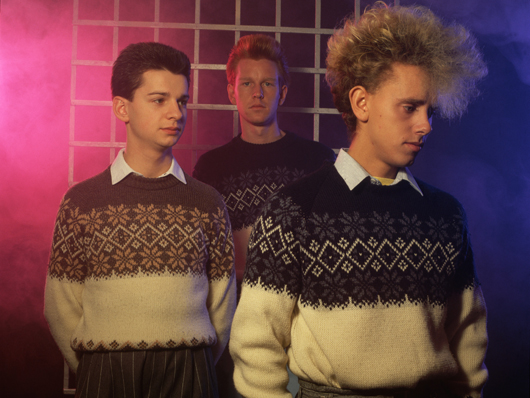
If you’re only familiar with The Mode’s later work, you might not understand quite why they’ve placed so highly on a list of synth icons. However, they were one of the first pop bands to base their sound on the instrument, scoring their breakthrough hit in 1981 with Just Can’t Get Enough. This was written by Vince Clarke, who left the band soon after and found further success with Yazoo and Erasure. With Martin Gore taking over as chief songwriter, Depeche went from strength to strength, too.
2 – Kraftwerk
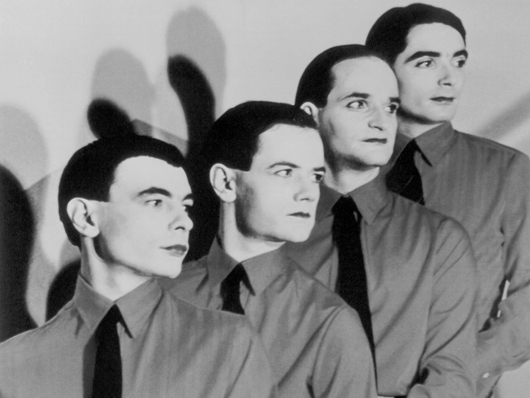
Without question, the ultimate synth band, Kraftwerk were formed in 1970, though their breakthrough came in 1974 with the Minimoog-led Autobahn album. Touting them as an influence has become something of a rite of passage for new bands (and not just electronic ones).
1 – Bob Moog
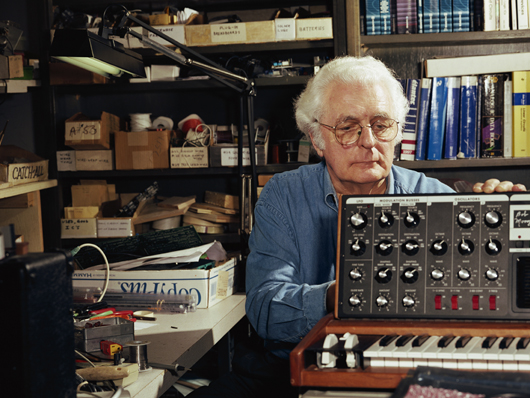
Could it have been anyone else? Having honed his modular synthesizers in the 1960s, Dr Robert Moog ensured that popular music would never be the same again when he unleashed his more affordable and portable Minimoog Model D - acclaimed by MusicRadar as the greatest synth of all time - in 1971. He also played a key role in popularising the Theremin. Oh, and in case you didn’t know, his surname rhymes with vogue, not tube…
- Read more synth stories and features: at Synth Week 2024 here!







